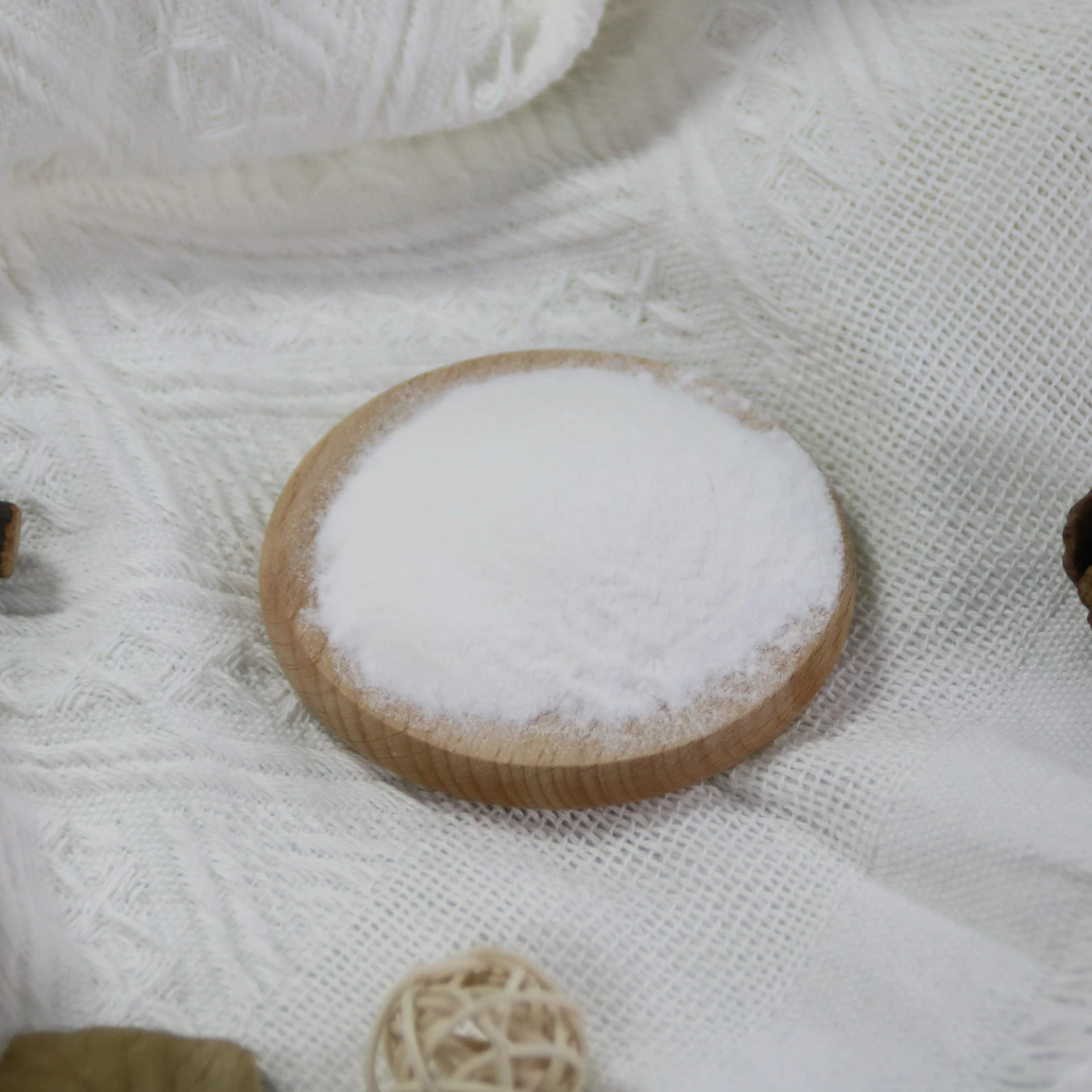
pva polyvinyl
The Versatility and Applications of PVA (Polyvinyl Alcohol)
Polyvinyl alcohol (PVA) is a synthetic polymer that has gained significant importance in various industrial and commercial applications due to its unique properties and versatility. Chemically, it is a water-soluble synthetic polymer that is derived from the hydrolysis of polyvinyl acetate (PVAc). With its high tensile strength, flexibility, and resistance to oils, greases, and solvents, PVA has become an essential material in many sectors.
Properties of PVA
One of the standout features of PVA is its excellent film-forming ability. When dissolved in water, it can form a clear, strong film that possesses high clarity and transparency. This property makes it especially useful in the production of coatings, adhesives, and packaging materials. Additionally, PVA is biodegradable and non-toxic, which makes it an environmentally friendly alternative to some synthetic polymers. Its water solubility allows it to be washed away easily during cleaning processes, further enhancing its appeal as a sustainable material.
PVA is also known for its excellent bonding properties. It can adhere well to various substrates including wood, paper, and glass, making it a popular choice in the adhesive industry. Furthermore, its resistance to oils and solvents adds to its versatility, enabling its use in applications where chemical exposure is a concern.
Applications of PVA
pva polyvinyl

The applications of PVA are wide-ranging. In the textile industry, it is used as a sizing agent to strengthen yarns during weaving, thereby enhancing the durability of the final fabric. It also finds utility in the paper industry as a coating and adhesive, improving the quality and appearance of paper products.
In the realm of adhesives, PVA is often used in woodworking and crafting applications. Its ability to create strong bonds and its ease of use make it a preferred choice for both professionals and hobbyists. PVA-based adhesives are ideal for porous materials, allowing for a reliable hold.
Another significant application of PVA is in the production of packaging films. These films are often used for food packaging due to their ability to form a barrier against moisture and gases. The use of PVA in biodegradable packaging is of particular interest, as it aligns with the growing demand for sustainable practices in packaging solutions.
In the medical field, PVA is employed in hydrogel formulations, which are used for wound dressings, contact lenses, and drug delivery systems. The biocompatibility and water retention properties of PVA hydrogels make them suitable for these applications, promoting healing while providing a moist environment for wounds.
Conclusion
In conclusion, polyvinyl alcohol (PVA) is a remarkable polymer that plays a vital role across various industries. Its unique properties, such as film-forming ability, water solubility, and excellent adhesion, make it an invaluable material in textiles, adhesives, packaging, and medical applications. As industries continue to seek sustainable and efficient materials, the importance of PVA is likely to grow. Its versatility not only addresses practical needs but also aligns with the increasing emphasis on environmental responsibility, making it a polymer of choice for the future. With ongoing research and development, the applications of PVA are likely to expand further, reinforcing its position as a fundamental component in modern manufacturing and technology.
-
Hydroxyethyl Cellulose for Paint - Superior Thickening SolutionsNewsJul.31,2025
-
Low Substitution - Hydroxypropyl Cellulose for Enhanced DissolutionNewsJul.30,2025
-
High Performance Gypsum Retarder Chemical for Plaster IndustryNewsJul.30,2025
-
High-Quality VAE Powder for Construction & Adhesives SolutionsNewsJul.29,2025
-
High Substituted Hydroxypropyl Cellulose for Superior Thickening and StabilityNewsJul.29,2025
-
High-Quality Poly Anioniccellulose (PAC) for Drilling Fluids & Water TreatmentNewsJul.29,2025





















